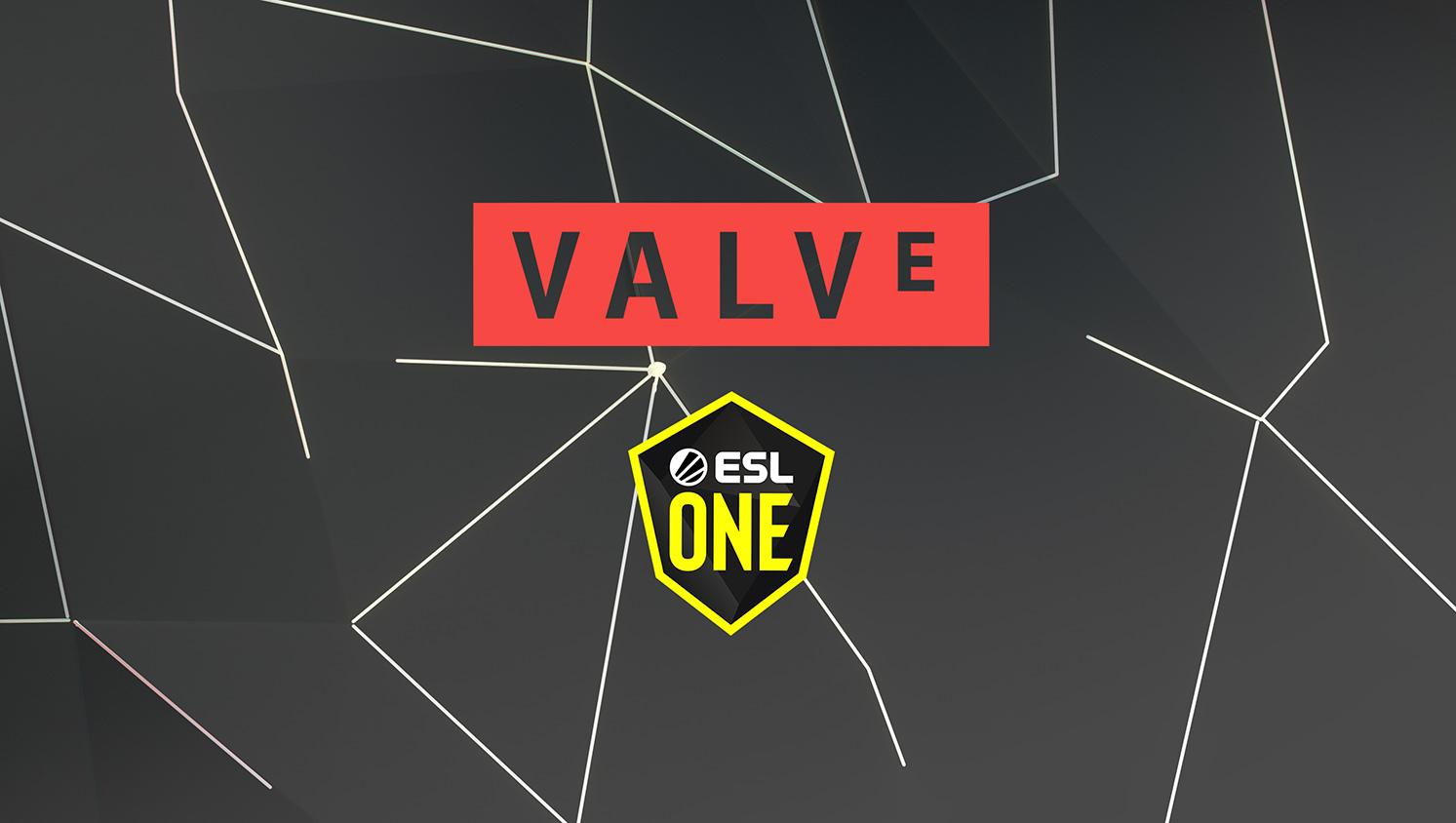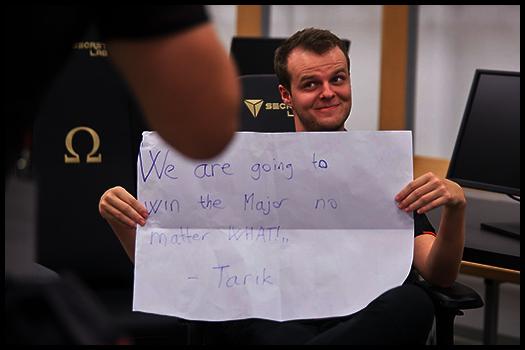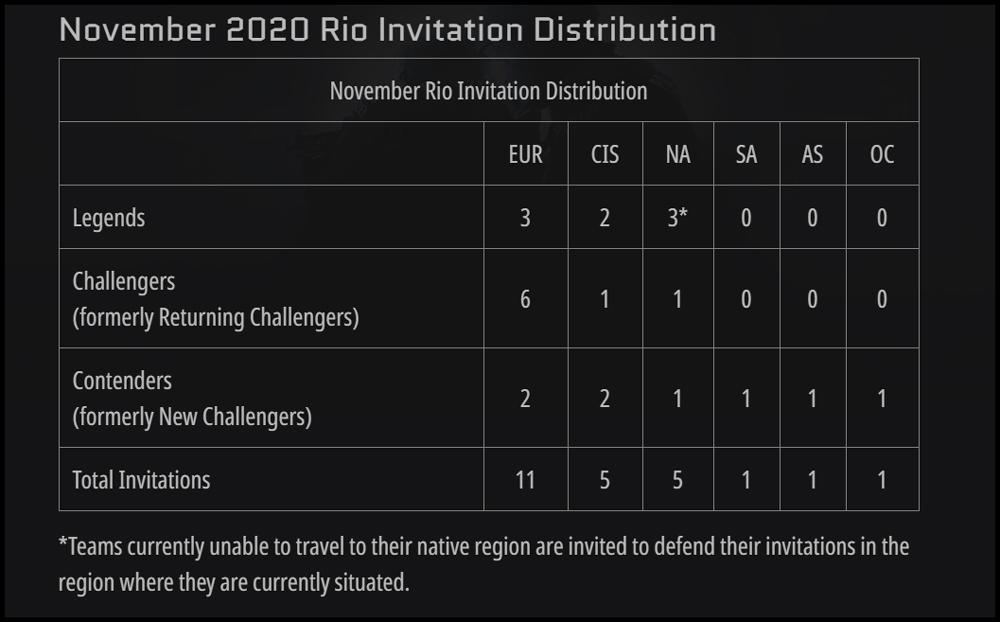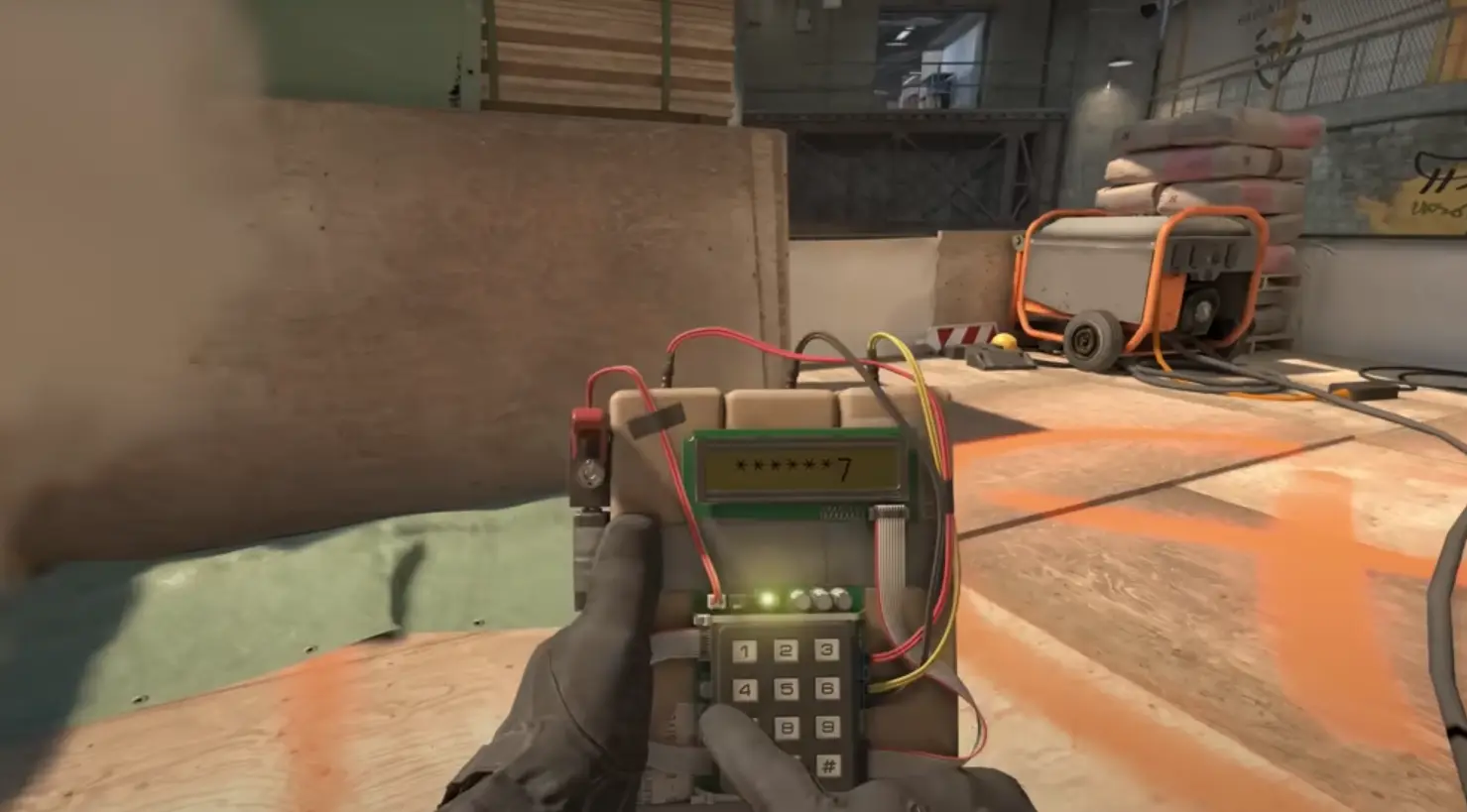
Valve reveals ESL One Rio Major’s Regional Major Rankings
Valve has released its initial rankings for the build to the ESL One Rio Major. In March, Valve revealed that teams will be required to requalify for 2020’s only CSGO Major, citing the length of time between the StarLadder Berlin Major in September 2019 and ESL One Rio, which comes in November. Fans and teams now know exactly how it works, thanks to a blog post from the developer.
The brand new system features what Valve is calling Regional Major Rankings. This includes a circuit of tournaments that will see teams compete for RMR points across several competitions, starting with the ESL Road to Rio event series.
The developer has already distributed points to teams based on their placements in Berlin. ESL Road to Rio kicks off in May and will be the first chance teams have to accrue points beyond what Valve has already awarded.
Below are the current standings based on Valve’s assigned RMR values for those placements:
StarLadder Berlin Winner, 800 points
- Astralis

2nd – 8th place, 600 points
- Virtus.pro (formerly AVANGAR)
- 100Thieves (formerly Renegades)
- Evil Geniuses (formerly NRG Esports)
- ENCE
- Team Vitality
- Natus Vincere
- Team Liquid
9th – 16th, 300 points
- mousesports
- G2 Esports
- C0ntact Gaming (formally CR4ZY)
- MIBR
- FaZe CLan
- North
- Ninjas in Pyjamas
- DreamEaters
Additionally, Valve also announced the number of points that teams can earn in each RMR. ESL’s Road to Rio is worth the least per placement, while the final RMR is worth the most, as seen in the table below.
CSGO Major region slots determined by number of teams in Berlin
Teams will fight over a limited number of Major slots, each determined by the “region’s performance in the preceding Major,” according to Valve. It looks as though Valve has simply added up the number of representatives from each region that made it to the group stage of StarLadder Berlin and used that number to determine each region’s total slots.
The CSGO developer provided a breakdown that illustrates each region’s allocated slots:

Valve’s note referring to North America’s regional count is in reference to Complexity Gaming, the North American esports organization whose roster is currently in Europe for ESL Pro League. EPL has already ended, but it is unclear whether the team will be able to return to North America in time for the Road to Rio.
If Complexity remains in Europe, it will face a much more difficult climb. In North America, its chances of taking one of the three available slots is much higher.
Valve’s Rio rules penalize substitutions by taking Regional Major Ranking points
Valve also announced several rule changes for CSGO’s brand new qualification system. Teams must register for RMR competitions with the same five players. If they do not, Valve will deduct points from the team at the cost of 20% of the team’s RMR for each player, up to two players. If a team replaces three or more players between one RMR competition and the next, the team loses all points and has to start from zero.
Valve has also made rules specific to coaching substitutions, seemingly to reinforce the company’s 2016 decision to restrict communication between coaches and players to timeouts. Prior to that change, coaches and players could talk freely during a round.
If a coach stands in for a player during an RMR and the team earns points, that team will forfeit 20% of the points earned at that competition. If the substituted player comes back to the active roster during the event and replaces the coach, the team gets back 80% of the 20% lost by using their coach as a stand-in.
It also seems as though Valve either won’t require a list of substitute players, nor require a team to designate one beforehand. A team is required to register only “5 players and one optional coach,” according to Valve’s update.
To read an in-depth breakdown of Valve’s Regional Major Ranking, including an explanation of its format, click here.
The 24-team Road to Rio is set to begin in late April, with the regional competitions taking place over several weeks. Teams that normally struggle on LAN might have a better shot at making it to the ESL One Rio Major in this online format.
Recommended

All maps are now available in CS2, what does it mean?
Poor Inferno players.

Redline creator reveals a sequel skin for CS2
Maybe call it the Orangeline?

CS2 release date: Everything we know so far
Is it CS2-morrow? No, it is not.





